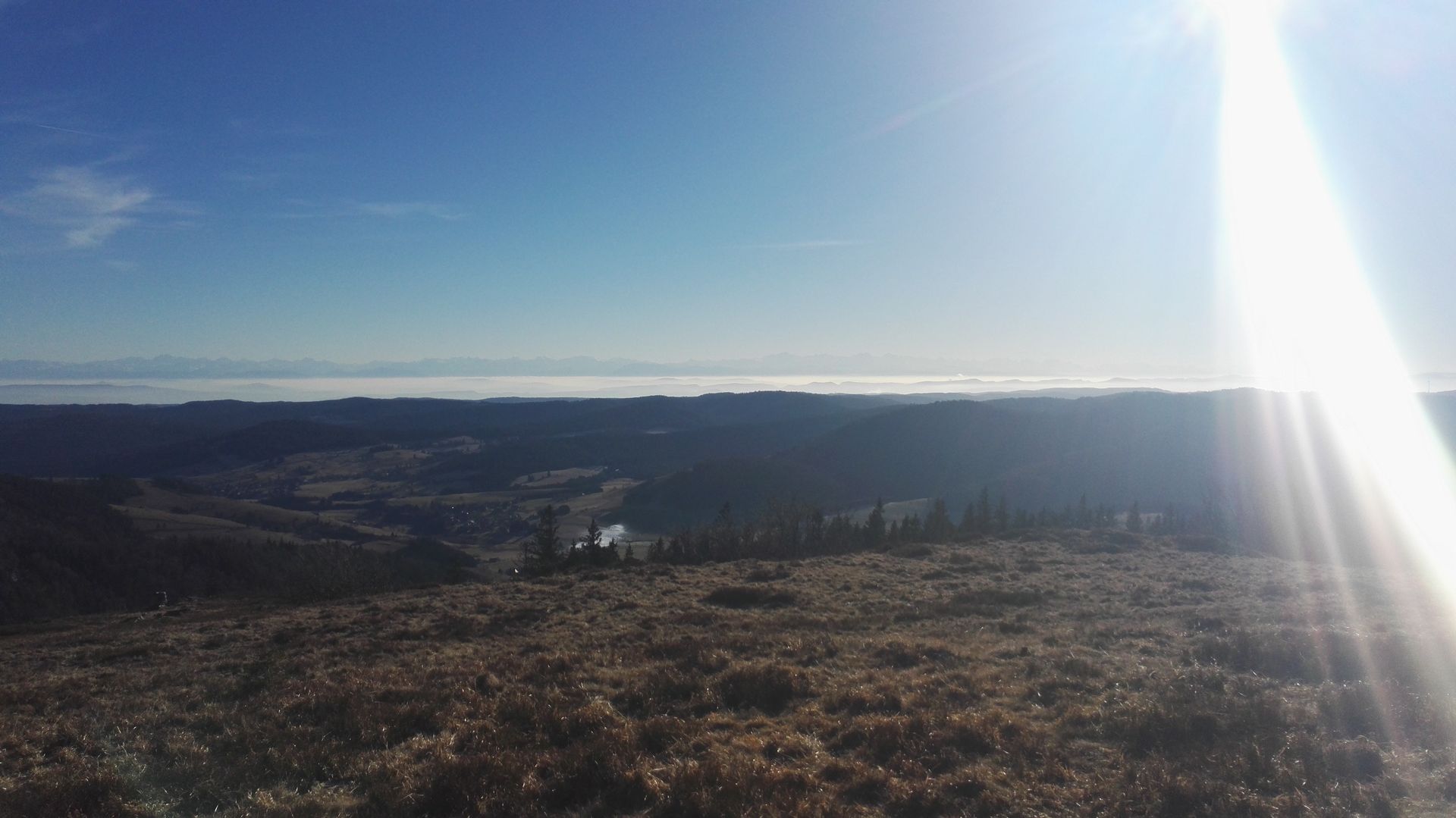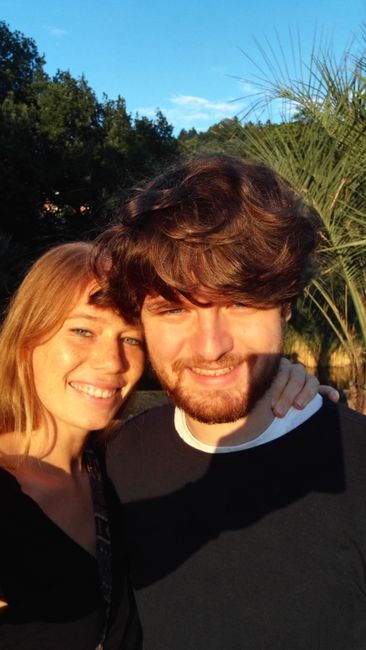Colombia - once the most dangerous city in the world
Được phát hành: 26.04.2019
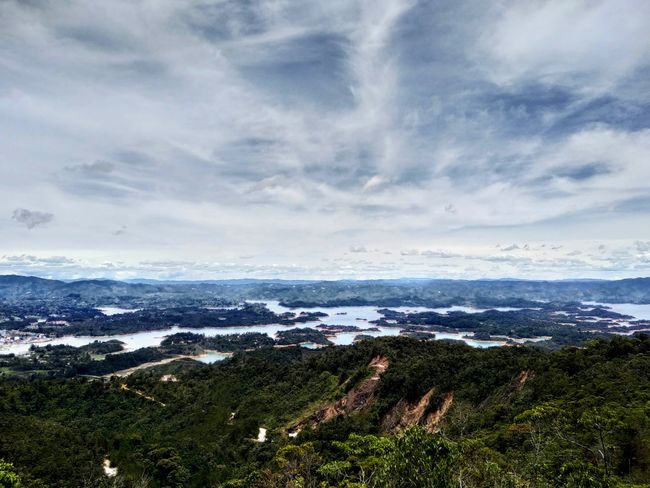
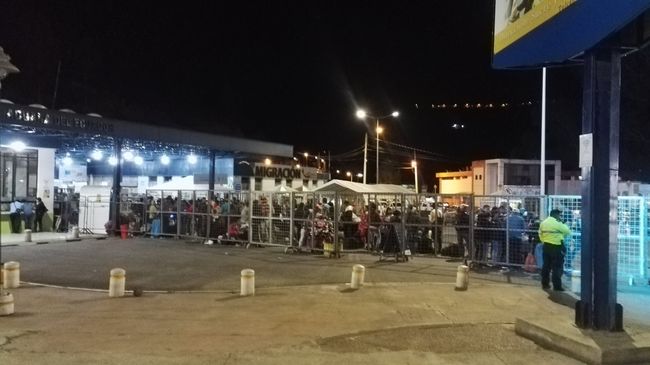
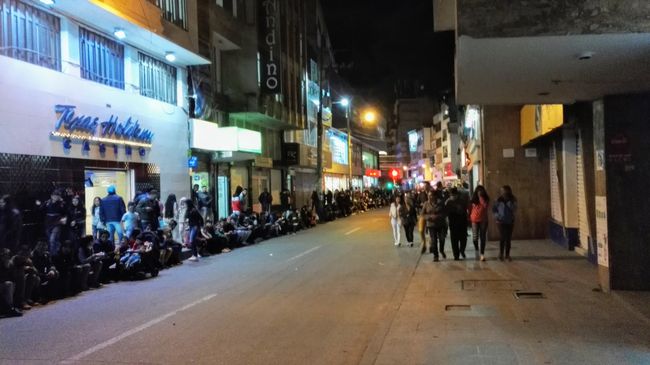
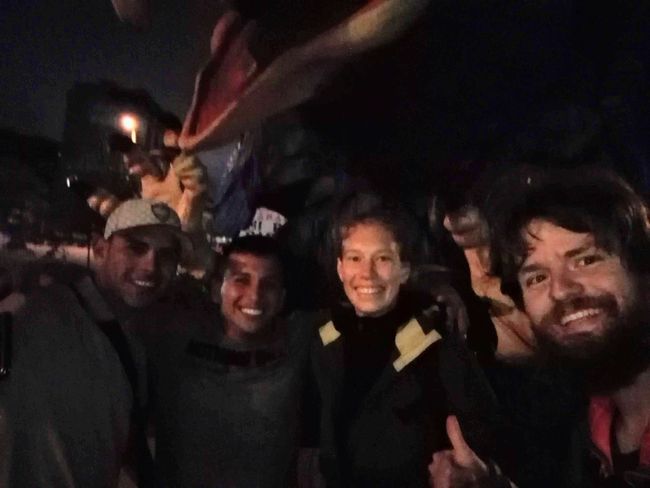
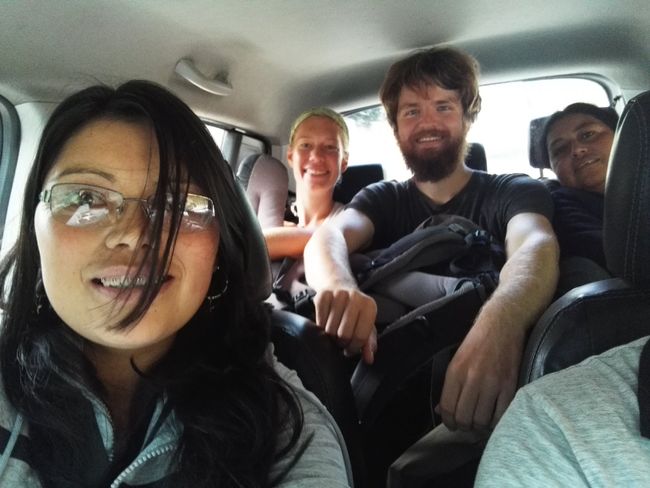
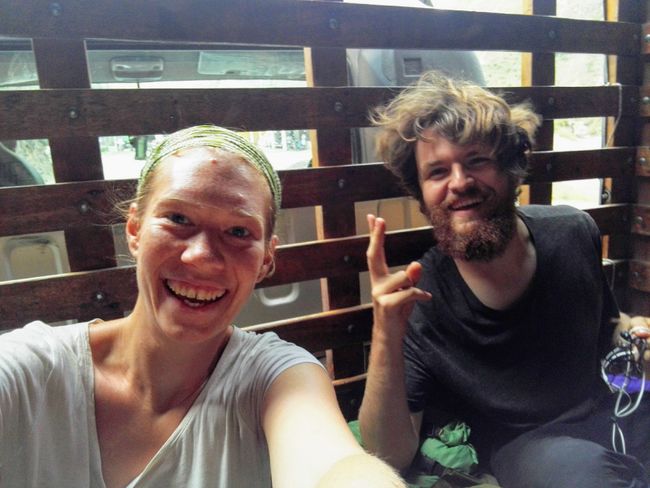
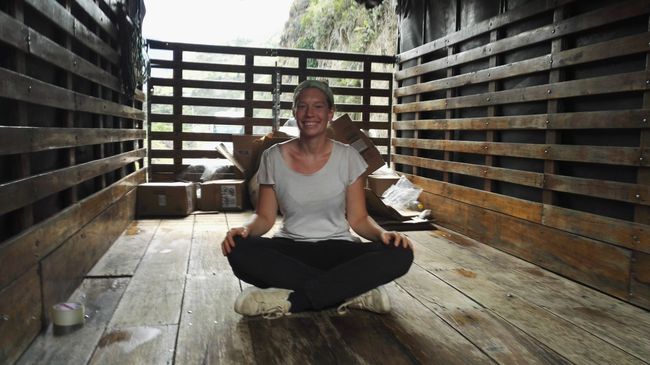
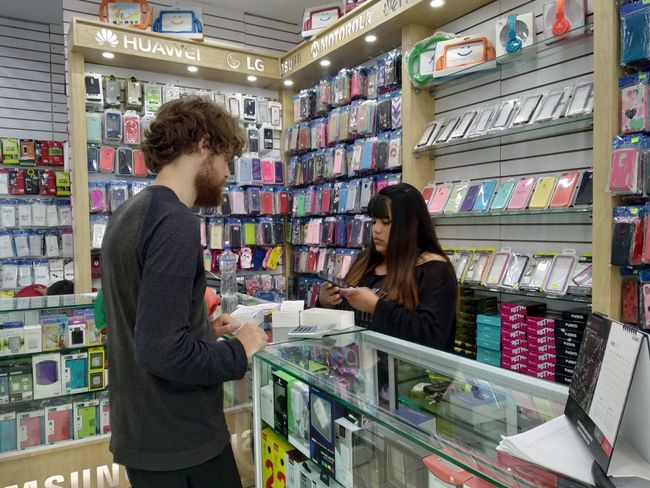
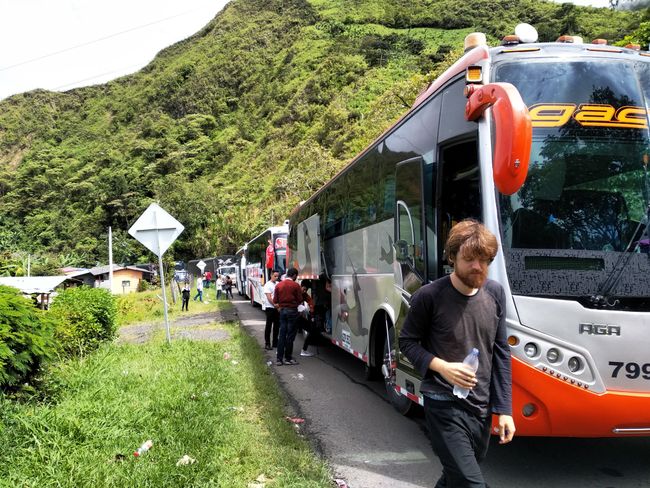
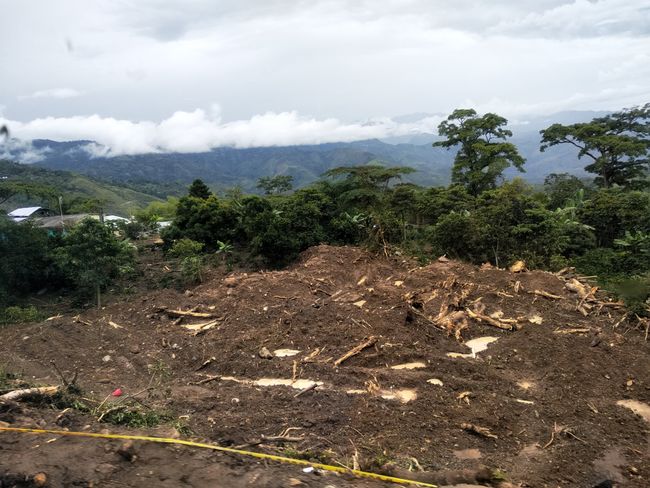
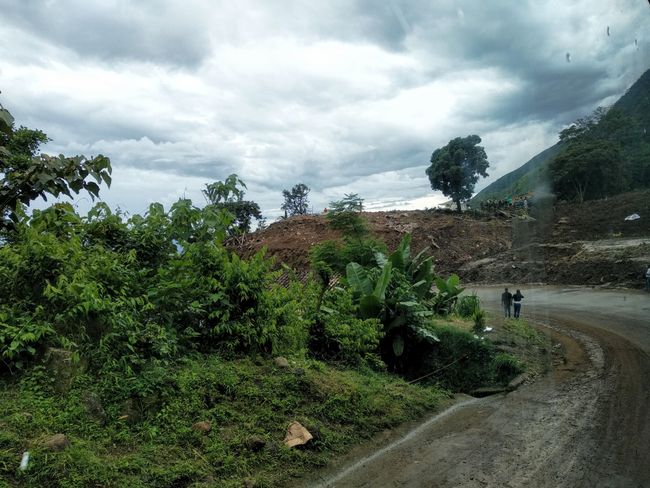
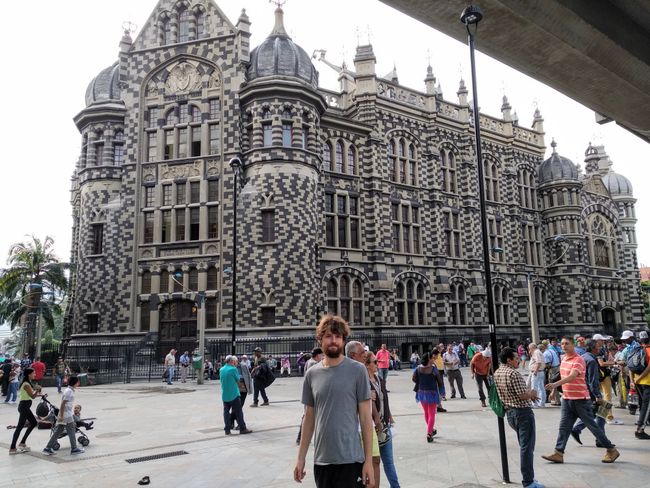
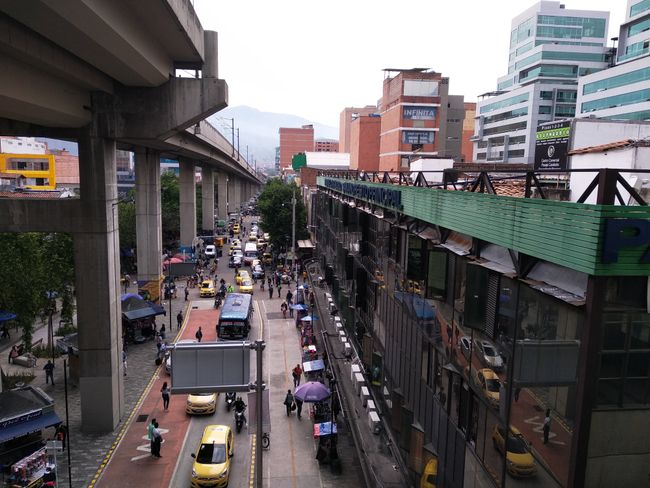
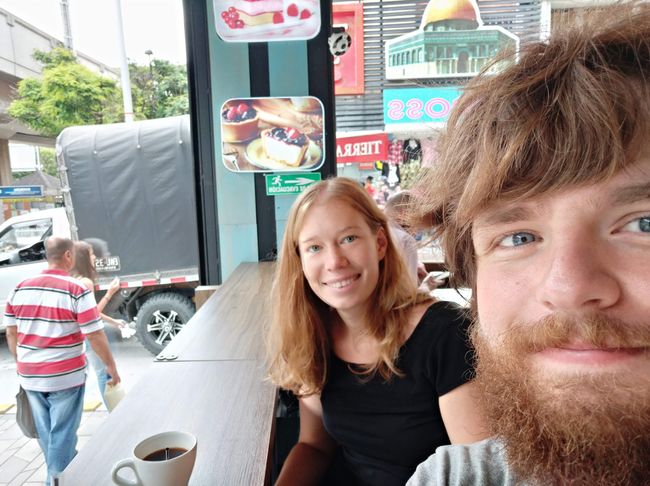
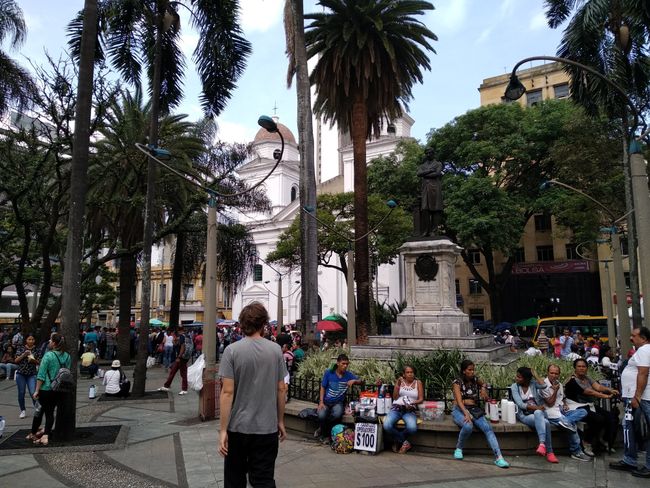
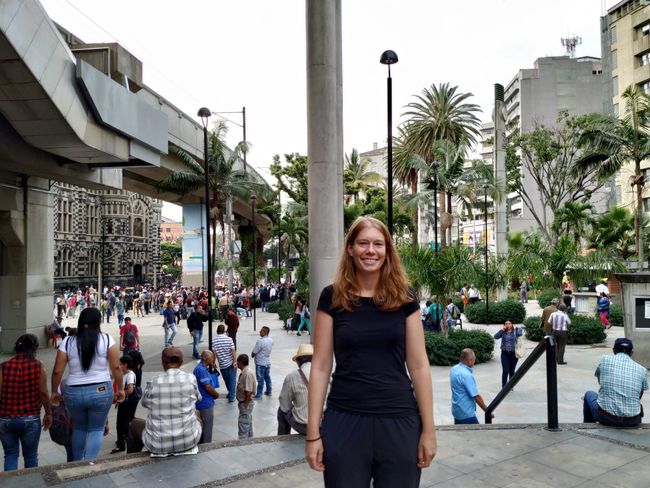
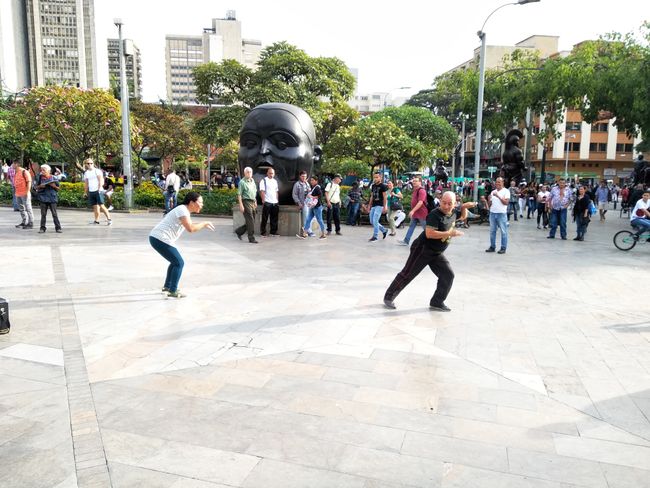
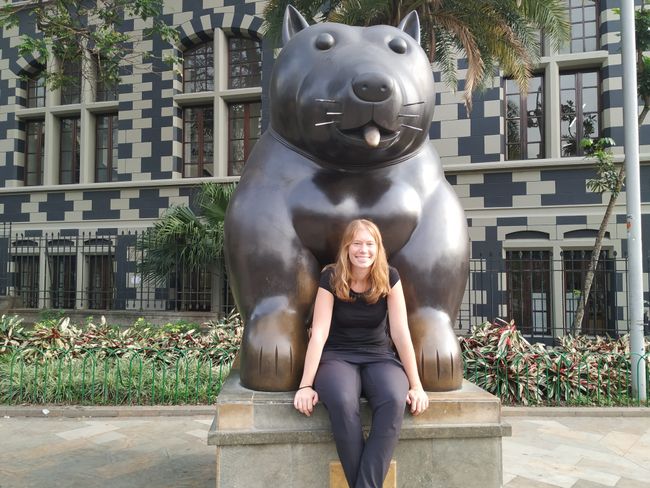
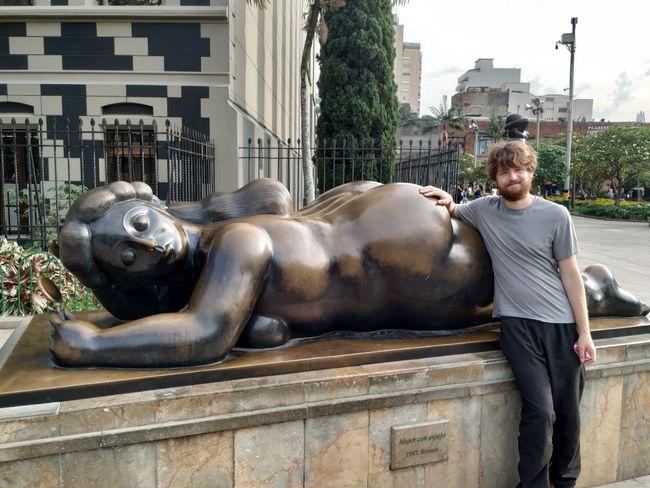
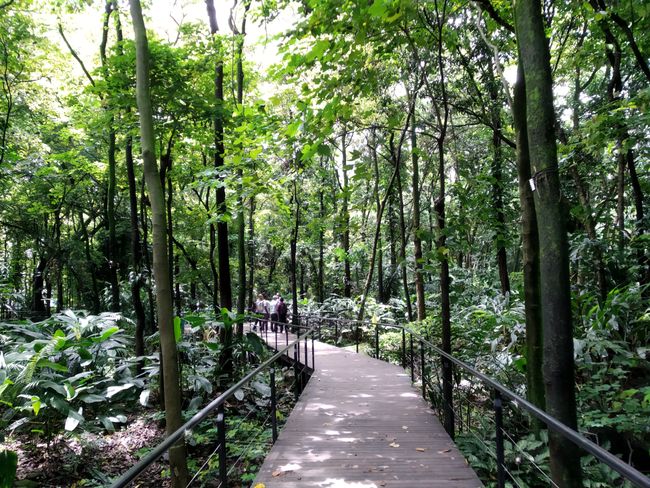
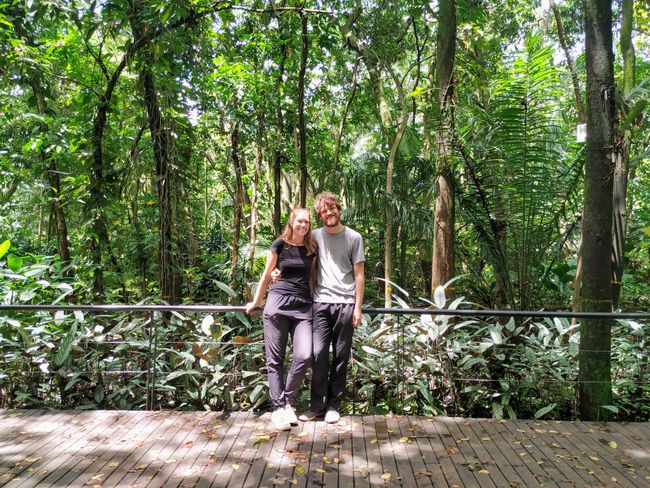
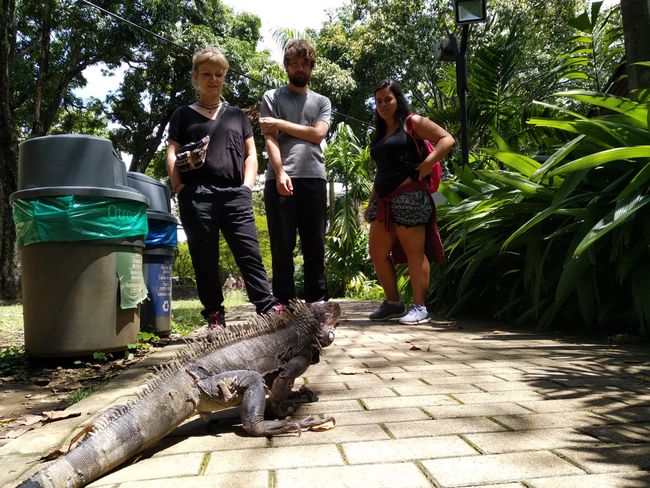
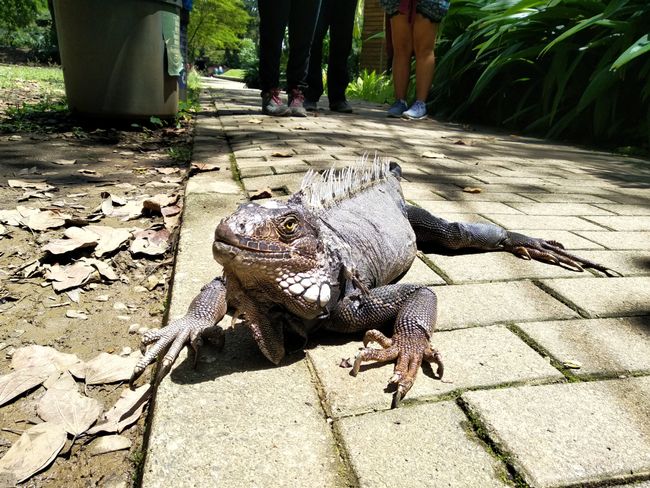

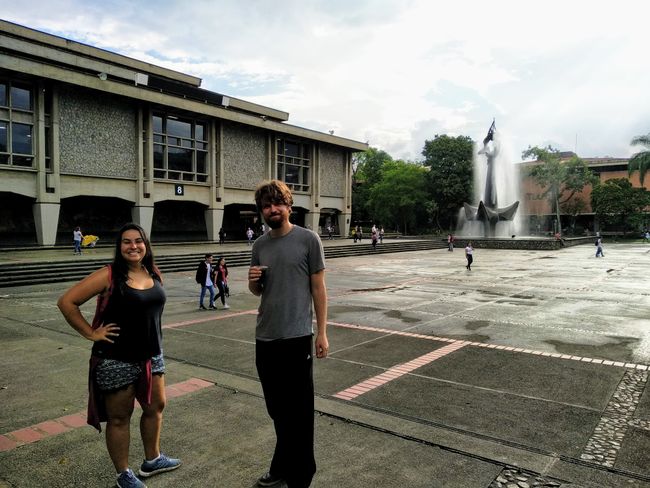
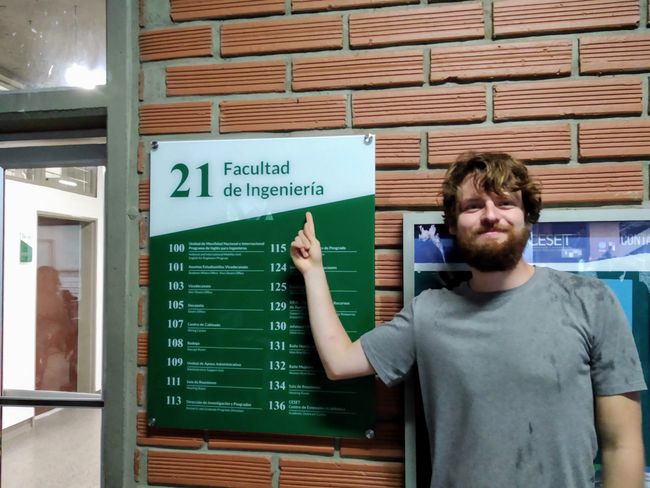
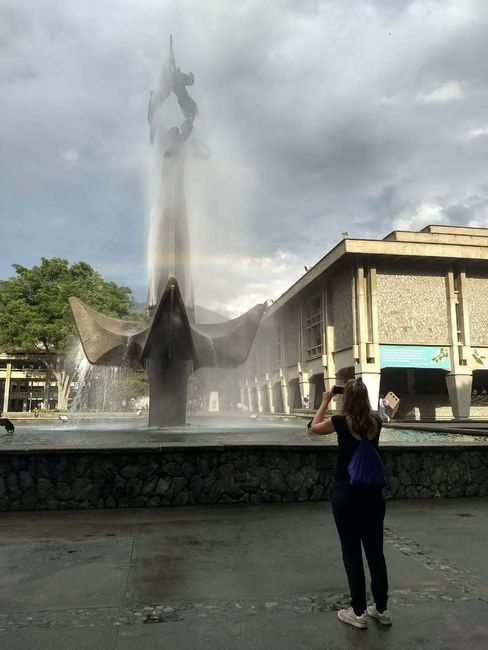
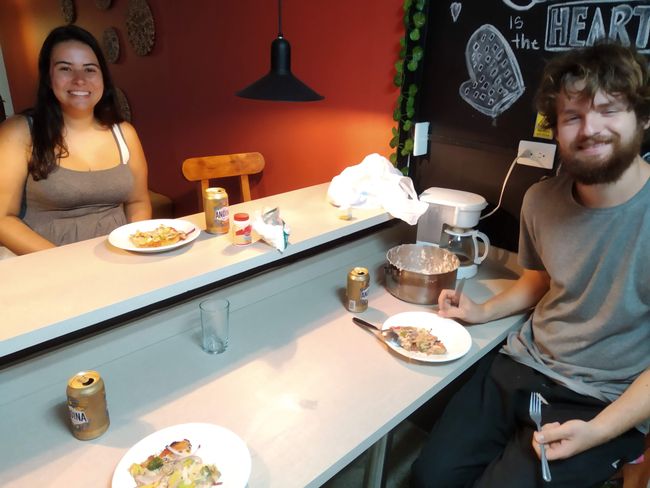
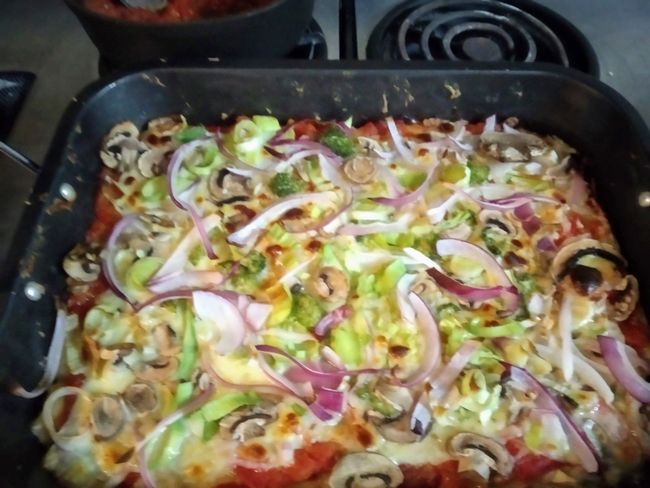
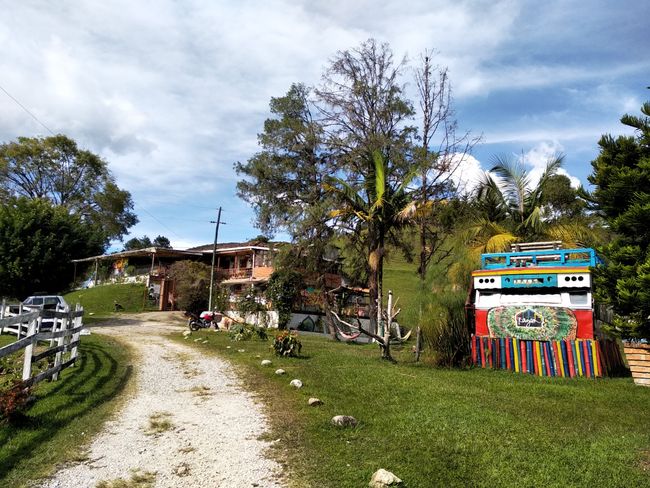
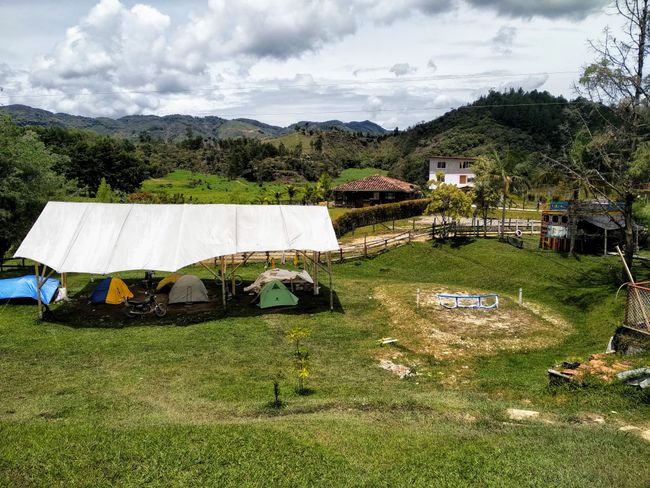
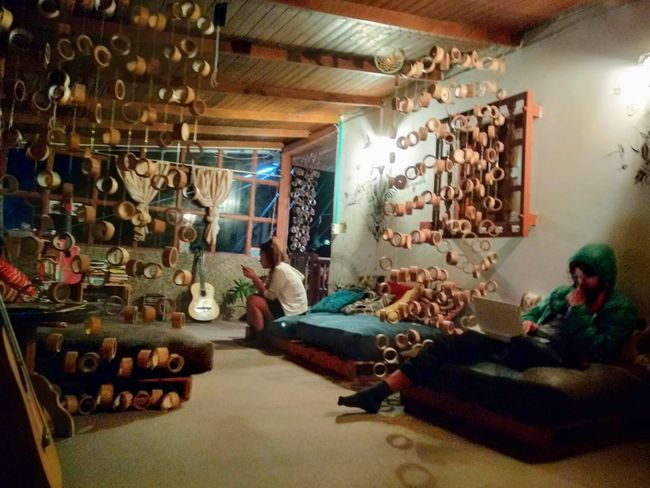
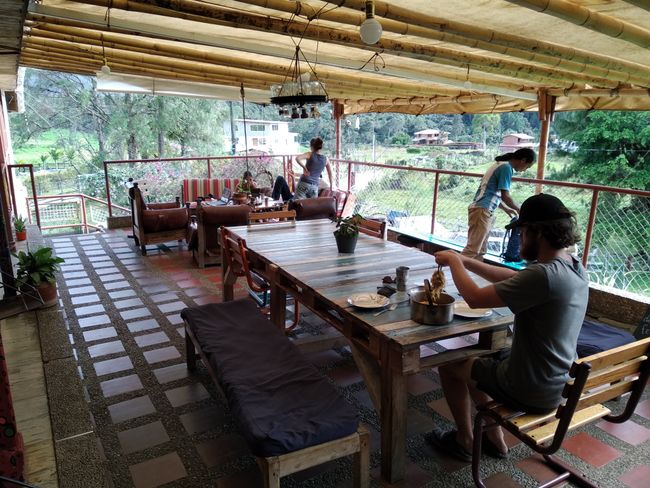
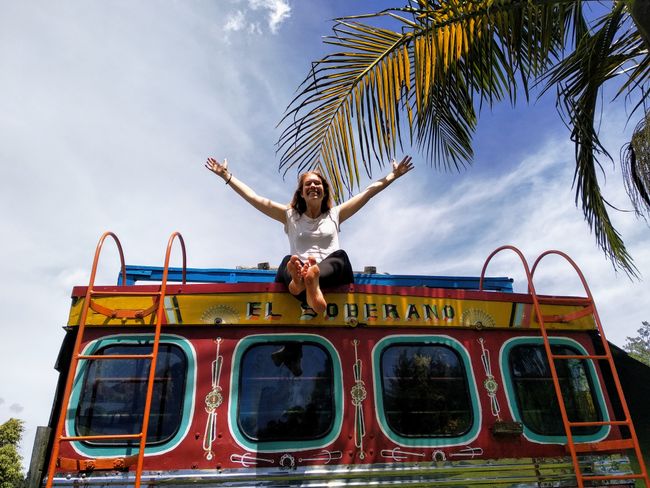
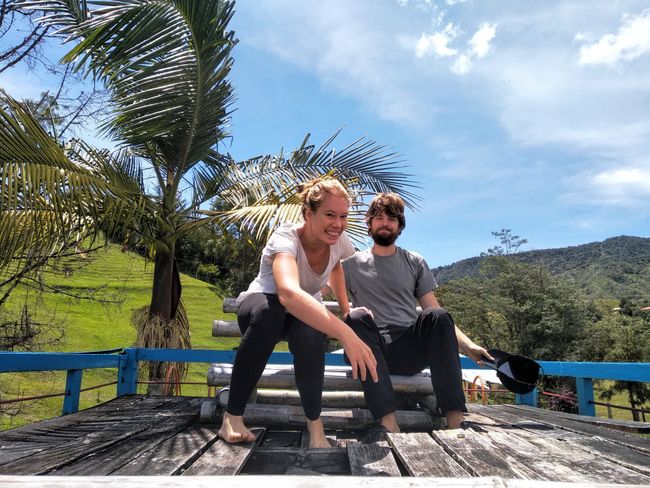
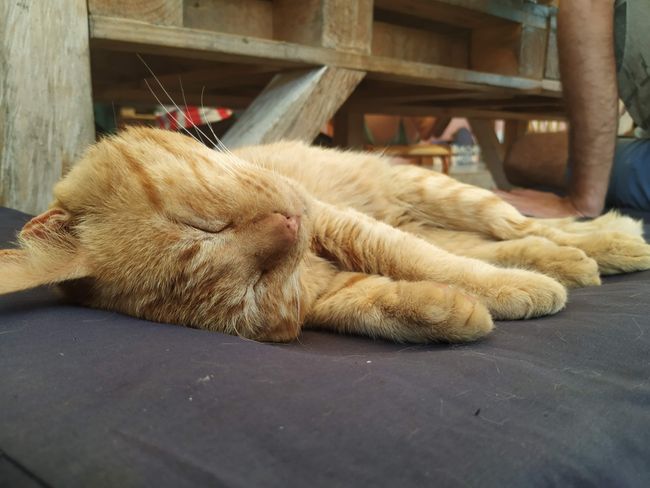
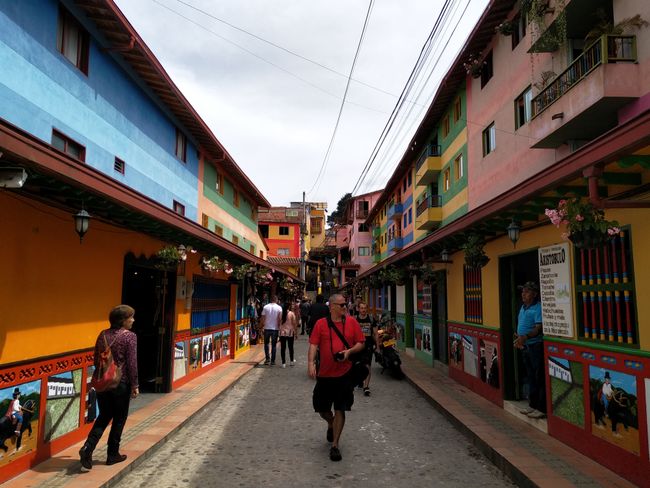
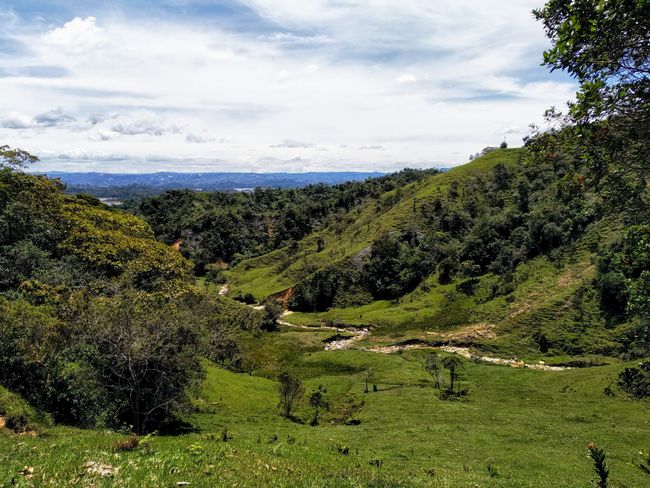
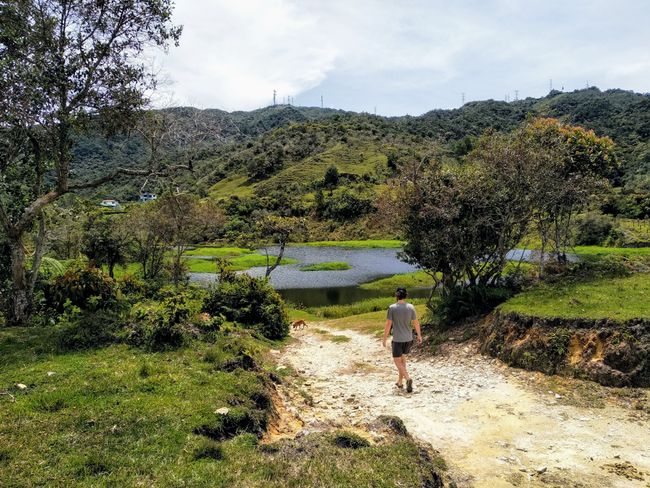
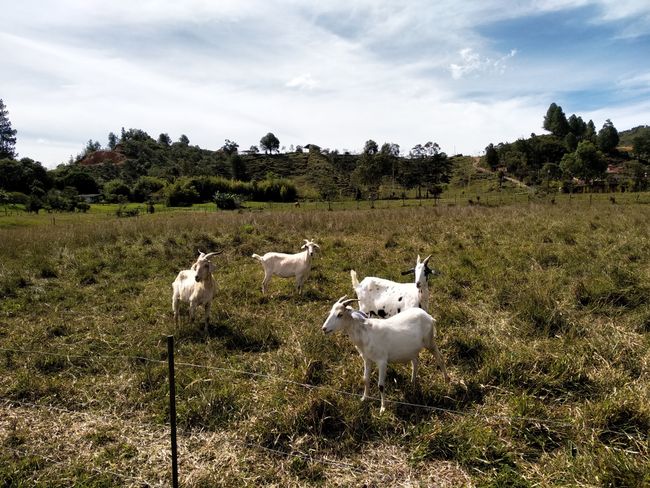
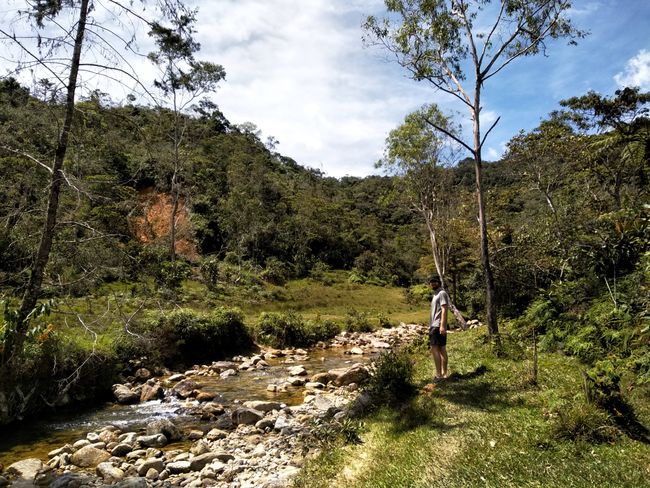
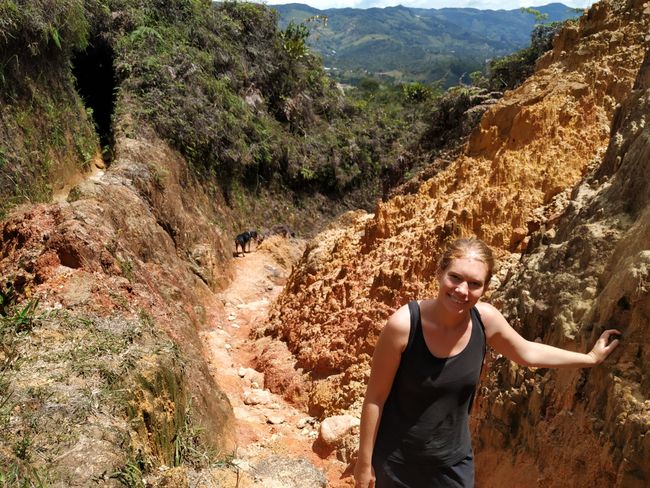
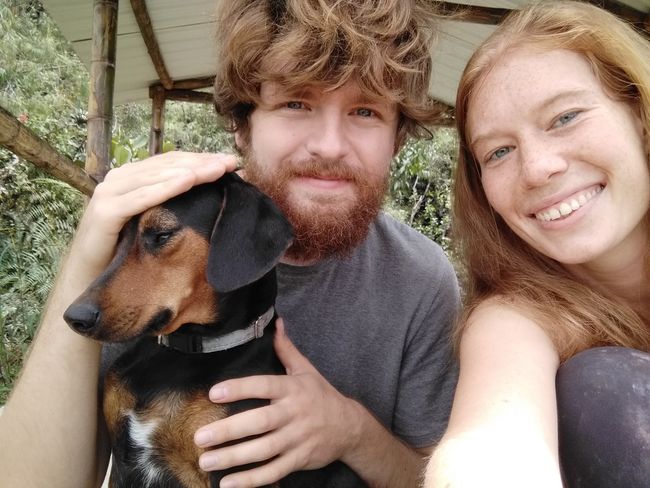
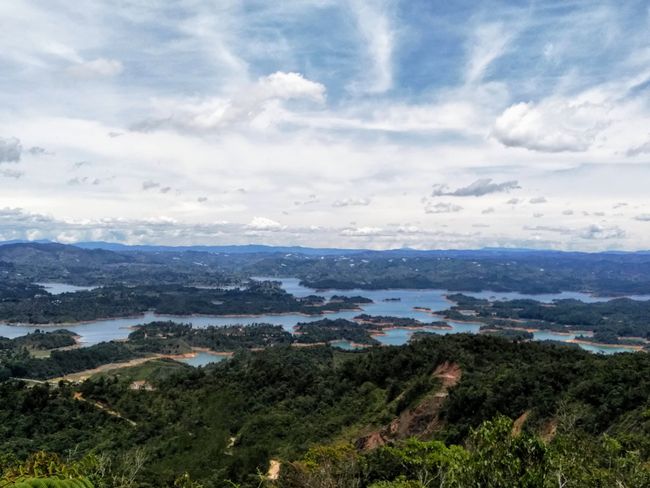
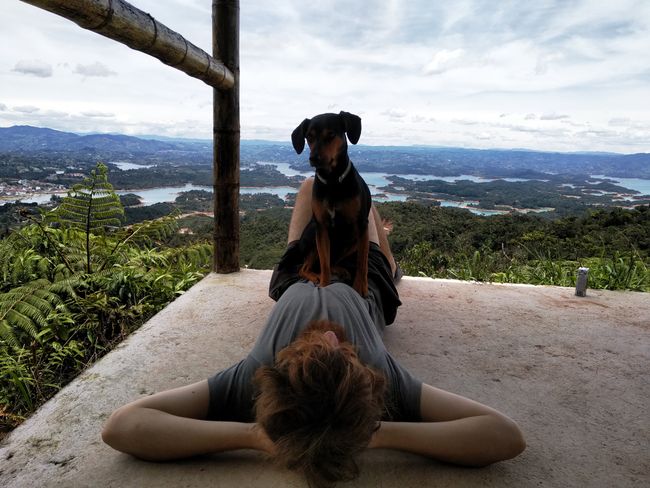
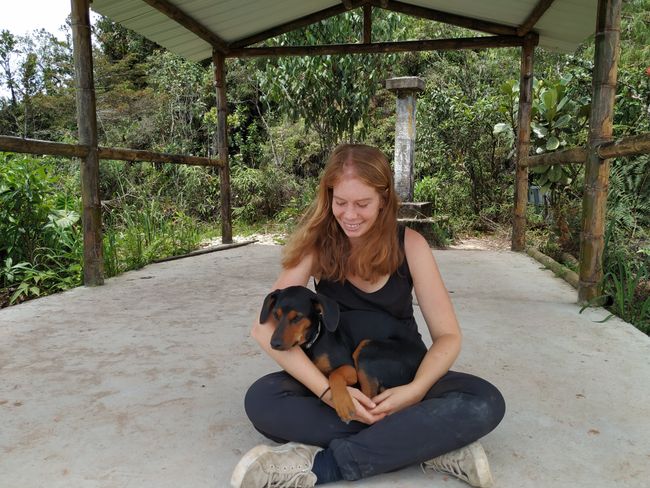
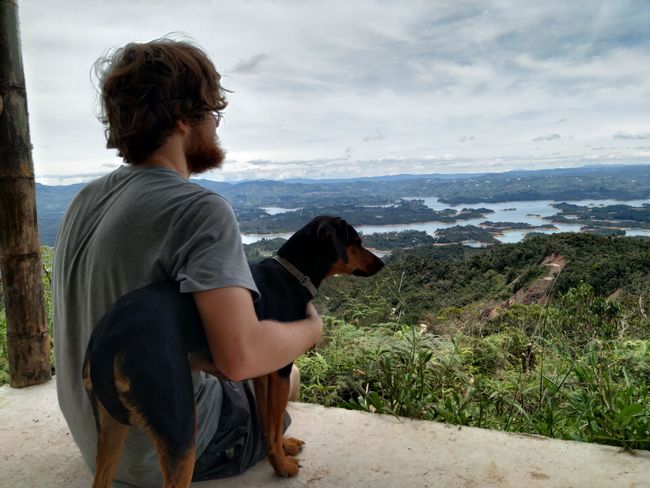
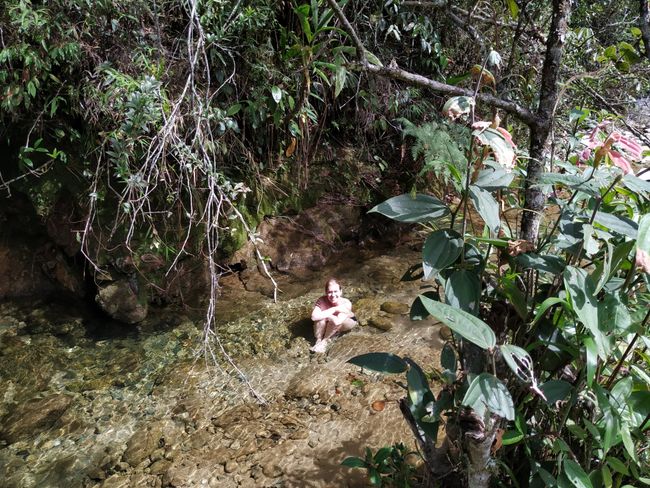
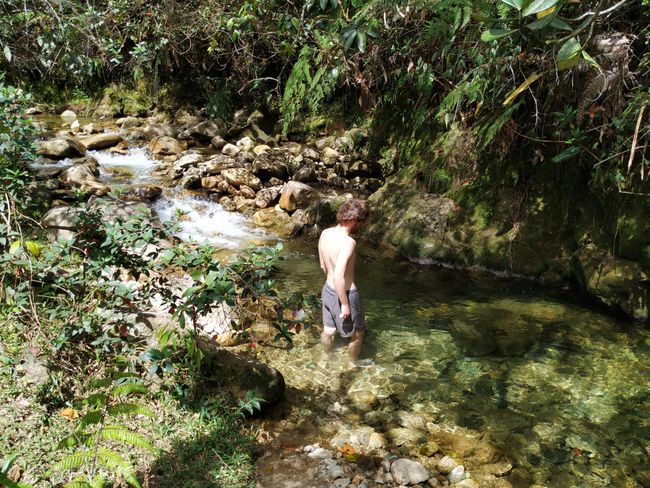
Đăng ký tin
At the border with Ecuador, we are intensively checked before we get our stamp for departure, we even have to give three copies of our passport. There is a lot of hustle and bustle because many Venezuelan refugees hope to enter Ecuador, but their chances are very low and so families camp with all their luggage in front of the border. We are happy to have finally arrived in Colombia, so the 45-minute walk from the border to the next city of Ipiales in the dark does not bother us. We have almost forgotten that Easter is around the corner, but a large Easter procession, in which the whole Ipiales and many visitors are on their feet, reminds us of it. Curious, we stop, drink warm tea with a shot and watch the procession with candle lights and a band.
Fortunately, we still find a vacant hotel room, for dinner we have to settle for ice cream as everything else is closed. For a part of the way, we are accompanied by two Colombians who first want to sell us marijuana, and when we refuse, out of curiosity they escort us and talk rapidly in Spanish. Semana Santa (Easter week) is a problem for us: the already high bus prices are unaffordable for us, so we try hitchhiking again. We meet some Venezuelans who also hitchhike. After an hour of waiting, three Colombians in a small car give us a lift halfway to Pasto and we put Miriam's backpack on our lap. It is cramped and we have interesting conversations about the culture and politics in Germany and Colombia. The driver is also interested in the terrible 'Adolfolus', which we do not understand at first, but then we realize he means 'Adolf Hitler', which leads to irritation but also a smile. When they drop us off in a tiny village, police officers who are conducting a drug raid on passing cars help us get our next lift. We end up on the empty loading area of a truck: we lean against the wooden wall, the engine noise thunders in our ears, and the exhaust fumes are very intense, so the three-hour journey is not pleasant, but we feel free like never before.
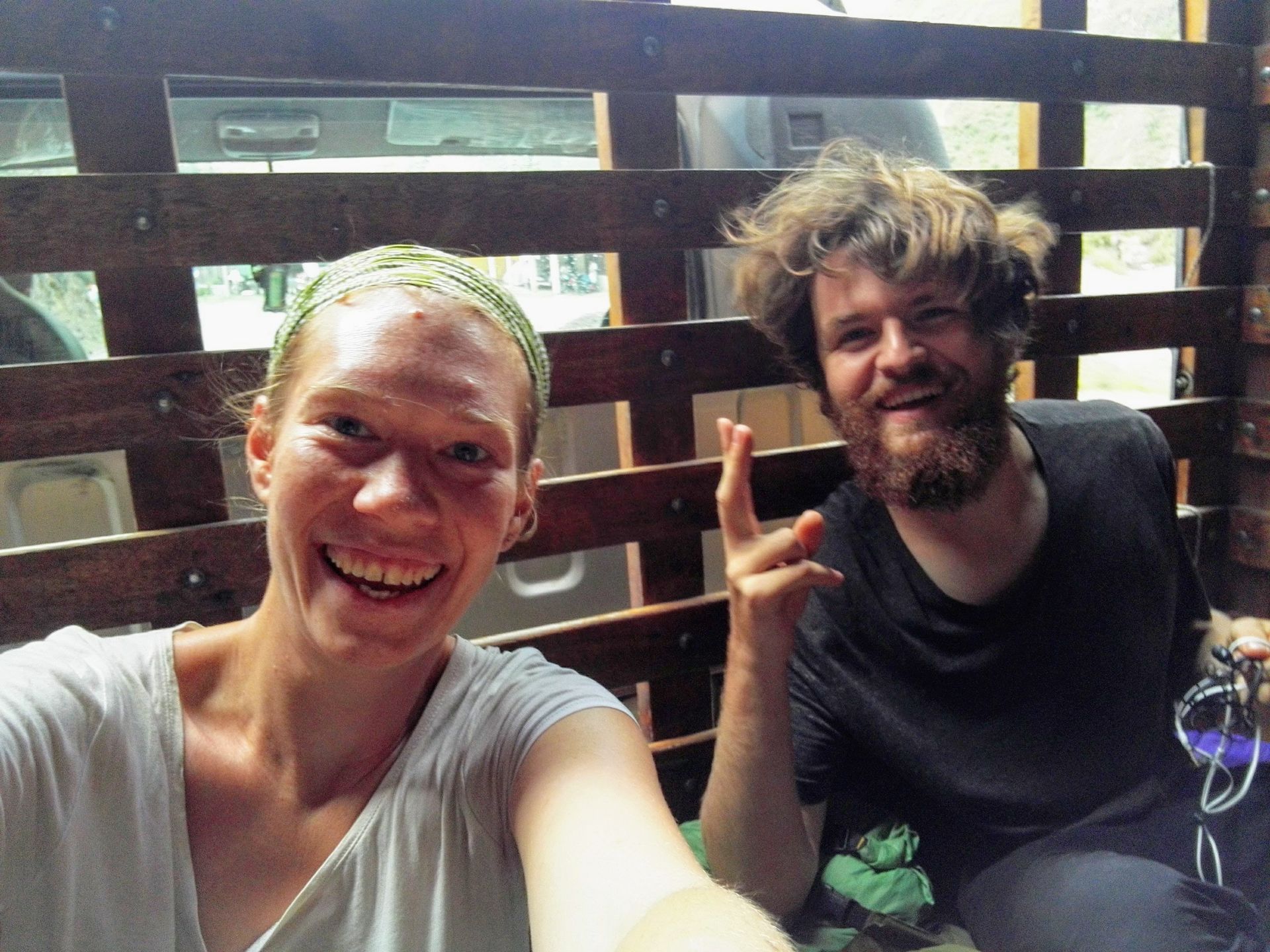
In Pasto, we decide to spend the Easter days and wait for the bus prices to go down again. We find a nice, cheap hostel where the young owner invites us to join her and friends for a salsa party in the evening. So we end up at our first salsa party with some Colombians and a Dutch couple. Actually, we are more in the mood to have a beer or two in a cozy bar and have a nice conversation. But in the fancy club, the music is deafening from the speakers, the leather couch is stiff, the drink prices are super high, and the Colombians actually come here to dance salsa and not so much to talk. They show us the steps, we try our hand at salsa dancing, but at some point, we switch to freestyle dancing, which is met with confused looks. The next day, Easter Sunday, we wake up hungover in bed, regretting spending so much money, and come to the conclusion that salsa is not really our thing. Due to a landslide on the Pan-American Highway, we cannot continue our journey the next day and get stuck for one more day. Luckily, the road is clear again the next day and we decide to take a night bus for another 20 hours to Medellin. In the middle of the night, we suddenly wake up because the bus stops. And we are stuck: another landslide blocks the road, it is in the middle of the night, and it will only be cleared the next day. As expected - this bus ride to Medellin tops many rides. We have little water and food with us, and it takes 12 hours until we can continue. Another 15 hours ahead of us: we spend a total of 30 hours in the bus, with two nights squeezed on our seats right in front of the bus toilet, which smells correspondingly after dozens of hours, and the lost time, the bus driver tries to make up for with rapid overtaking maneuvers and high speed. Exhausted, we arrive in Medellin at 4 am, take a taxi to our accommodation, and fall straight into bed. However, we are glad to have had some luck in the midst of misfortune and to have arrived safely.
Medellin is the second largest city in Colombia and used to be one of the most dangerous cities in the world due to the former most famous citizen of Medellin and ruthless drug dealer Pablo Escobar. Meanwhile, it has undergone a major transformation. It is interesting to stroll through the streets, we haven't seen such a European flair in a long time. Modern metro stations and cable cars facilitate transportation, there are artworks to admire on every corner, and impressive buildings. Culture is lived in Medellin: everywhere in the city, there are 'flash mobs' of dance performances, and we are invited to participate in an event where citizens can tell their stories. We see many people sleeping under bridges, many older homeless people, and injured people with wounds or crutches. Many beg and others try to make money with small things or music. As we sit on a park bench, a stoned man searches for his hidden drugs under our bench, where the police were standing just two minutes earlier. Especially Jakob is often approached to buy weed or cocaine. Drugs still seem to play a role. Some people look like they are not in their right mind in broad daylight. Despite everything, we felt safe in Medellin.
With a Brazilian and a German from our hostel, we visit the botanical garden, where a small cultural festival is taking place. First Jakob and later Miriam are invited to a small dance by a tango teacher. We visit the University of Medellin and feel a little melancholic that our student days are over, but then we remember a quote by Pipilotti Rist: 'Melancholy is the reconciliation with the imperfect.' Because we miss pizza so much, we join the Brazilian in the evening and make delicious pizza ourselves, which, despite the thick crust, thanks to a thick layer of mushrooms and expensive cheese, tastes really good.
For a few days, we are drawn to the small colorful village of Guatape, which is located on a reservoir that produces 30% of Colombian electricity. Here we find ourselves in a very relaxed hostel with a large garden and many chill areas, where we can set up our tent. We relax on the spacious grounds, where old buses have been made into comfortable spaces to relax on the roof. We live day by day, talk to other hostel guests, and go on a hike to a viewpoint overlooking the reservoir, with a refreshing swim in the cool river. The hostel dog accompanies us the whole way and wants to sit on our lap like a little child when we take a break.
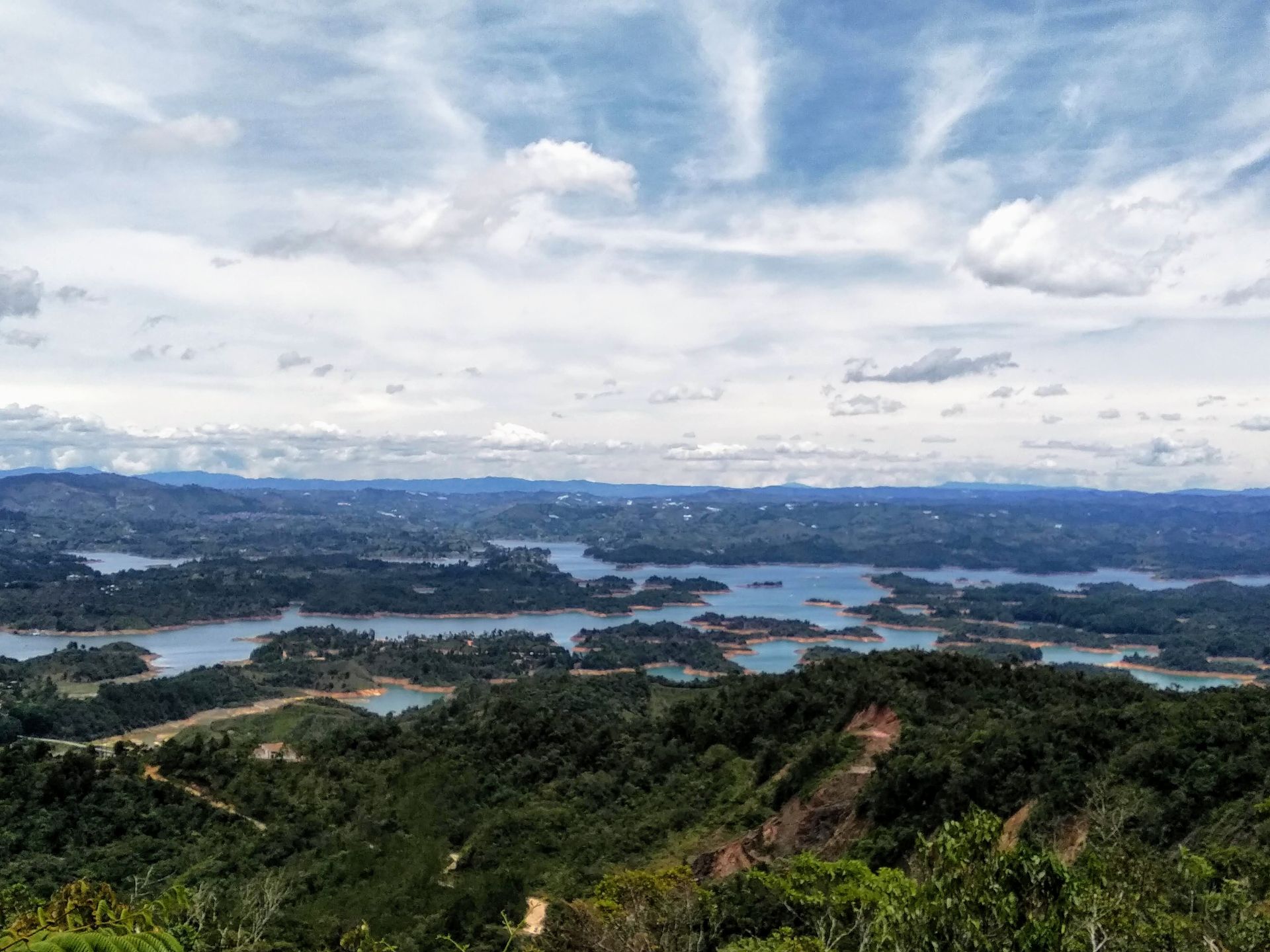
Đăng ký tin
Trả lời
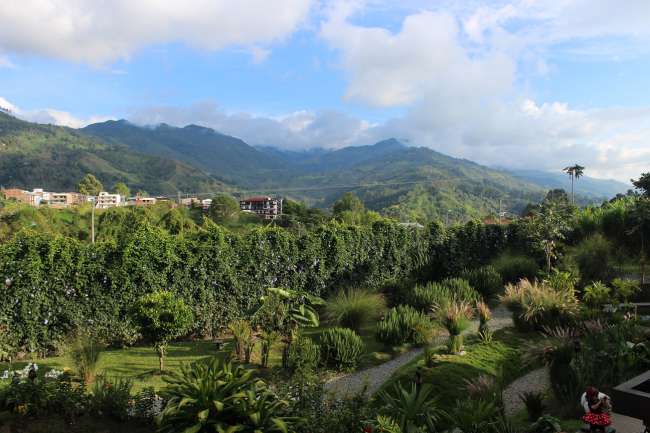
Báo cáo du lịch Cô-lôm-bi-a
